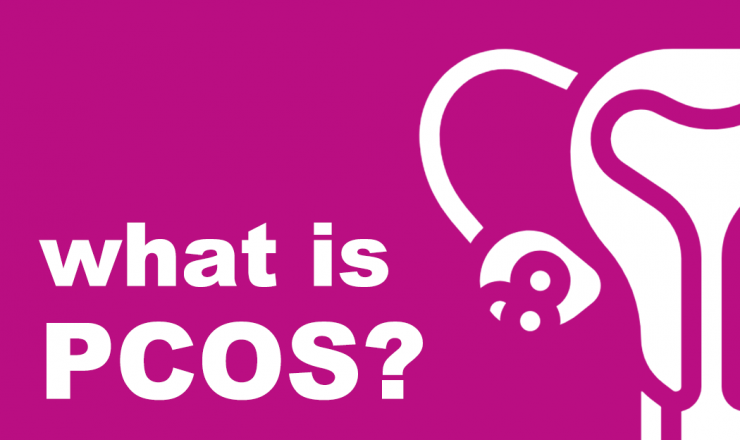

Stealthing is back in the news! Stealthing is the non-consensual removal of a condom during sex. It’s been around for a long time, but now it has a new name that is scaring adults into writing a million articles about it. While the idea of it being a “new trend” can make you roll your eyes, it’s still a serious issue when it comes to consent and sexual safety.
| On the term “Stealthing” |
| Non-consensual contraceptive removal has been around for a long time, but the term “stealthing” is relatively new. This is invented by the perpetrators of stealthing. They use this term because “stealthing” sounds much less harmful that “sexual assault,” which is what stealthing is. |
When we give consent during sex, we’re saying that we are interested in a certain action under certain conditions. If our partner changes one of these conditions, it is no longer the sex that we consented to.
When it comes to stealthing, the sex that we consented to is sex with a condom on. If our partner(s) removes a condom without letting us know, and without obtaining our consent for this new condomless sex, this becomes non-consensual sex. And remember, non-consensual sex is sexual assault/rape.
Stealthing violates a person’s ability to make and maintain decisions around their body and their health. From a safer sex perspective, this has major implications around a person’s risks of pregnancy or contracting STIs:
In Canada, there is a thing called “criminalization of HIV non-disclosure.” It’s controversial, but it essentially means that someone with HIV can be prosecuted for putting their partner(s) at risk by having sex without disclosing their HIV status. People are currently trying cases along this lines involving Herpes instead of HIV, and some people are advocating for it to cover all STIs. If someone with HIV (or potentially other STIs) stealths, they are at risk of being prosecuted.
Stealthing is a sex act that is done without a person’s consent. Non-consensual sex acts are sexual assault and rape. So yes, we here at Teen Health Source believe that stealthing is assault. If you stealth someone, you have sexually assaulted them.
There’s really no good reason to stealth. Sex is very intimate for lots of people (both physically and/or emotionally), and stealthing is a betrayal of your partner’s trust. This can leave people feeling violated, angry, upset, afraid, ashamed, and even traumatized. So there really is no good excuse for that.
However, here are some of the reasons people try to give for stealthing:
None of these are good or valid reasons or excuses to assault someone. These are not justifications for sexual assault, because there are no justifications for sexual assault.
| On Disliking Condoms |
| Some people stealth because they hate condoms. Maybe they agreed to using a condom just to get their partner to have sex, and then took it off when they felt they could get away. You don’t have to use condoms in order to have sex, but you have to stick with what you agreed to with your partner. Stay tuned for a future article about finding ways to make condoms work for you. |
There are many ways to feel about being stealthed, and there’s no single way that you have to react. Some people feel like it’s just a cruddy thing their partner did, and some people feel very strongly that they were violated and/or raped. It’s okay for you to feel about it in whatever way makes sense for you as the victim of stealthing. We here at Teen Health Source support your feelings around being stealthed (whatever they may be), and are available to help you access whatever supports or resources you feel you need.
Here are some links that you can refer to if you are looking for support:
For more info related to this topic, please check out:
If you have questions about this topic, feel free to contact one of our peer educators. [Link]
Last Updated: April 2020

The Maple Leaf clinic is now offering a PrEP clinic in Downtown Toronto!

Volunteers from Planned Parenthood Toronto’s Youth and Masculinities Peer Project have created a zine that explores the complexities of masculine identities and experiences. Enjoy!

Polycystic Ovary Syndrome (PCOS) is a hormonal disorder that affects 6-10% of people with ovaries. Read on to learn more about symptoms, diagnosis, and treatment options!